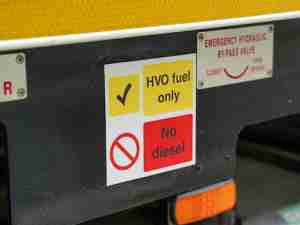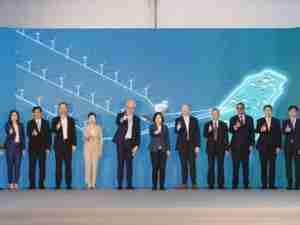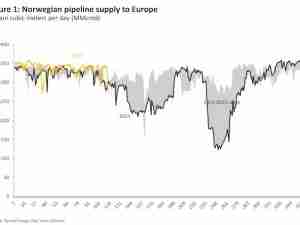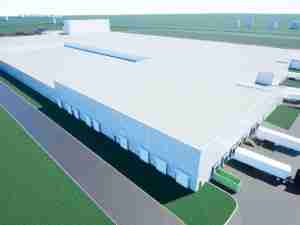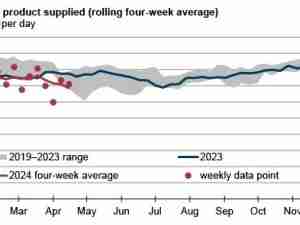Petrol prices rise in Crimea despite Russian promise
By: Reuters | Jul 23 2014 at 10:13 AM
The cost of petrol has risen in Crimea for the first time since Russia seized the Black Sea peninsula from Ukraine in March, despite a promise by Moscow to reduce the price.
This week’s 2.8 percent rise in the retail price is in line with the seasonal trend across Russia but raises questions about the government’s pledge to reduce the price by 30 percent after annexing the region four months ago.
The government has managed to averted petrol shortages, which some in Crimea had feared when links with the Ukrainian mainland were cut, but rising costs could dampen some of the euphoria in the region over reunification with Russia.
“You have to pay for transportation, the petrol price would always be higher here. It’s impossible to bring it down to Russia’s level,” an employee at a Crimean fuel retail network said by telephone, speaking on condition of anonymity.
Doubts have also surfaced on social networks. One Internet user, identified as Vladimir, said he did not believe in the promise of cheaper fuel in Crimea.
“It’s unlikely (they would bring the prices down) to be Russia’s average. It’s more likely that Russia’s average would fall to Crimea’s average,” he joked on an Internet-forum http://vcrim.org.ua/benzin.html.
BURDEN
The rise in the price also underlines the problems Moscow faces trying to integrate the Black Sea region of 2.3 million people into Russia and the additional burden the task places on an economy that is on the verge of recession.
Some state employees in Russia complain that they have been asked by their companies to give up a day’s pay to help Crimea.
A group of Russian deputies are also proposing a “solidarity tax” on the rich, and an increase in the flat rate of income tax has been mooted to help foot the bill for absorbing Crimea.
According to Reuters data, the price of a litre of unleaded petrol, AI-92, increased by 1 rouble on average this week in Crimea to 35.90-35.99 roubles ($1.03).
The price had been dropping but then stood stable at 34.99 roubles for three weeks, after being 36.24 roubles in mid-May, and has now risen. Despite the promises, petrol still costs more than across the narrow stretch of water that divides Crimea from the mainland Russian region of Krasnodar to the east.
President Vladimir Putin’s popularity has soared in Russia over the annexation of Crimea, which was gifted by Soviet leader Nikita Khrushchev to Ukraine in 1954, when Ukraine and Russia were both part of the Soviet Union.
But integrating Crimea into Russia has been complicated by Western sanctions on some Russian firms and individuals, and by some Russian companies being reluctant to work in the region, fearing they will be hit by the sanctions.
Before being annexed by Moscow, Crimea received the bulk of its petrol and diesel from Ukraine by rail and truck, but these supplies have all but dried up.
Industry sources told Reuters shortages had been averted thanks to the introduction of railcar shipments by ferry via the Strait of Kerch from Russia.
Excluding military demand, Crimea needs about 300,000 tonnes of diesel and 225,000 tonnes of petrol each year, according to estimates by industry sources. That is equivalent to a combined 11,000 barrels a day.
